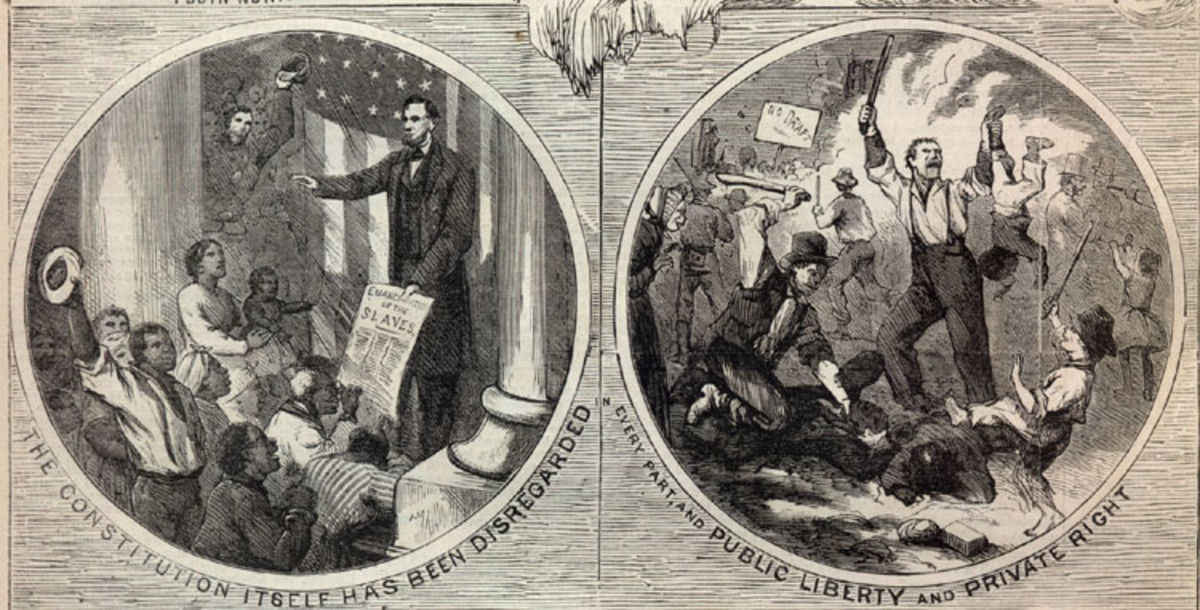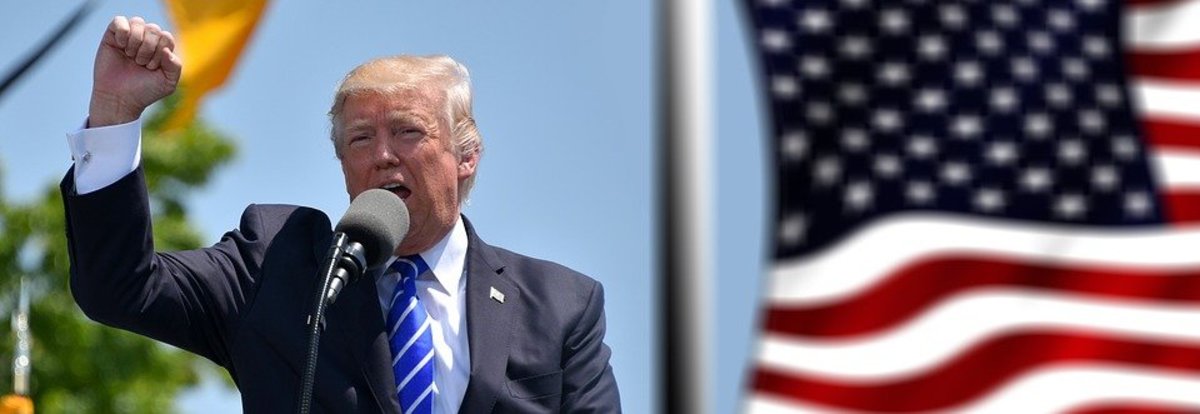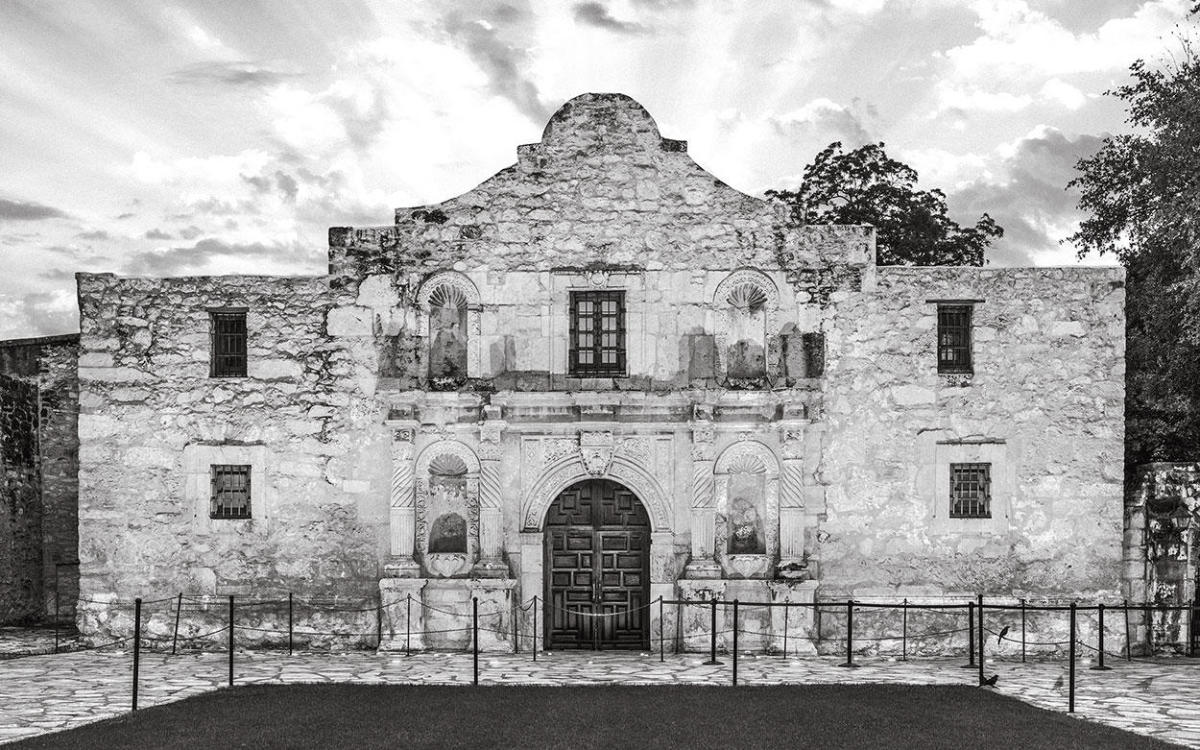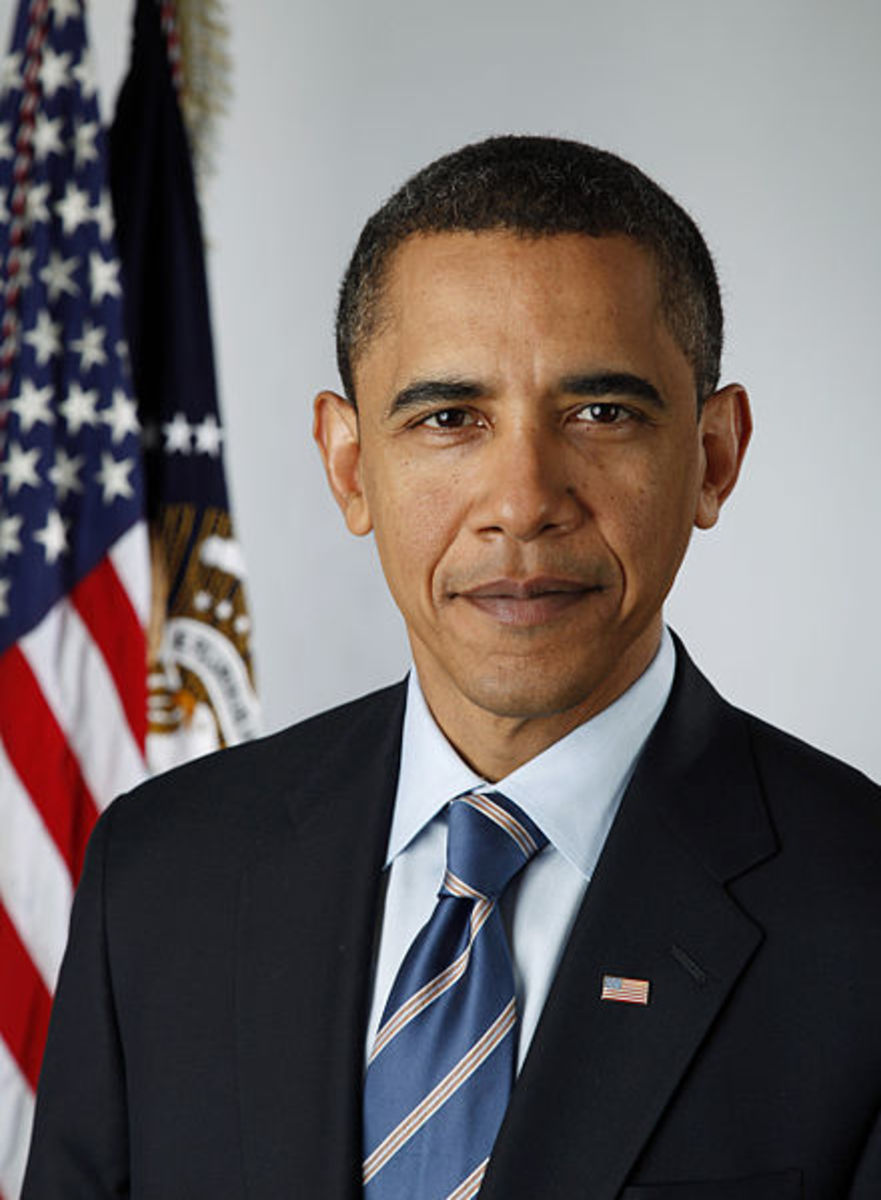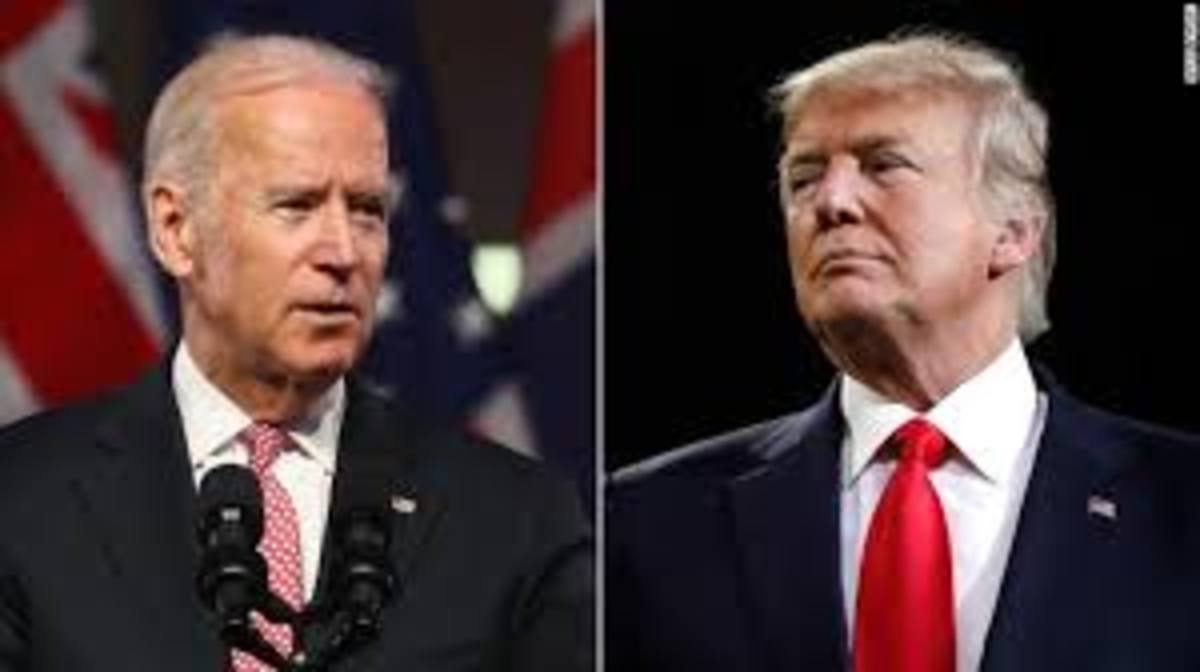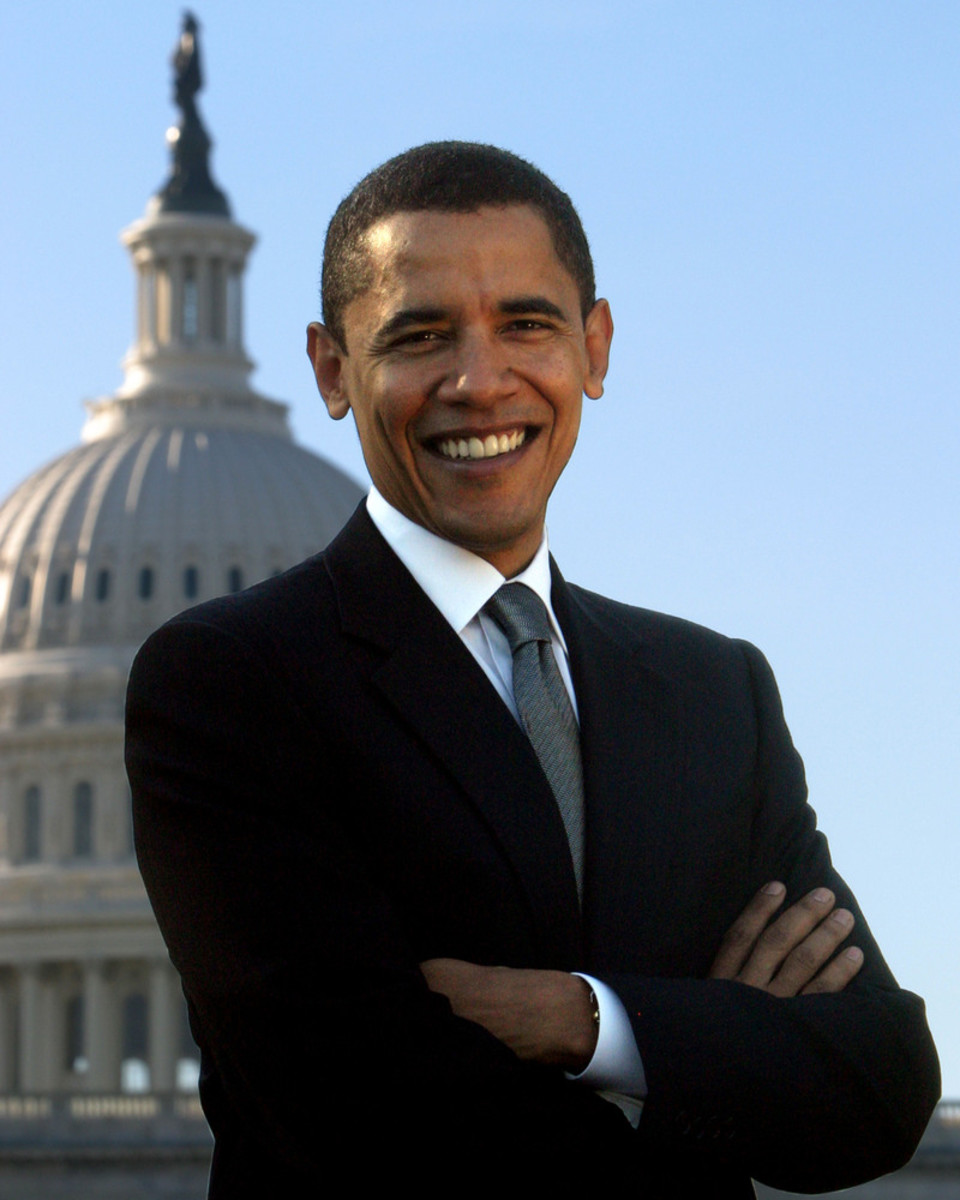Democratic Superdelegates : Should Democrats make use of Superdelegates during the Presidential Nomination Process?

Every four years in the United States we begin the process of choosing who will be our Commander-in-Chief. It is a process that is expensive, time consuming, politically charged and frankly exhausting. It is a time when some seemingly rational and good mannered citizens turn into self-absorbed know-it-alls who must shout their political ideologies from the mountain tops while slandering and insulting anyone who may disagree with them on a single issue. That being said we must all work together to determine who will be the next democratic and republican nominee for president, and eventually the president him/herself. This article will discuss the process by which Democrats choose their democratic presidential nominee, as well as, the use of superdelegates.
Per Article II of the Constitution, the founding fathers thought it best if a select group of Electors (Delegates) choose the President and Vice-President of the United States. The reasoning behind this logic was best summed up by Alexander Hamilton in the Federalist Papers #68. Below I have included an excerpt of his letter to the People of the State of New York (Federalist Paper #68).
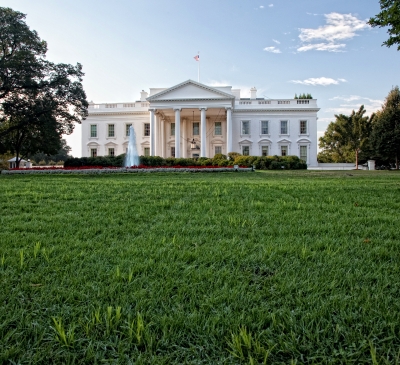
"Nothing was more to be desired than that every practicable obstacle should be opposed to cabal, intrigue, and corruption. These most deadly adversaries of republican government might naturally have been expected to make their approaches from more than one querter, but chiefly from the desire in foreign powers to gain an improper ascendant in our councils. How could they better gratify this, than by raising a creature of their own to the chief magistracy of the Union? But the convention have guarded against all danger of this sort, with the most provident and judicious attention. They have not made the appointment of the President to depend on any preexisting bodies of men, who might be tampered with beforehand to prostitute their votes; but they have referred it in the first instance to an immediate act of the people of America, to be exerted in the choice of persons for the temporary and sole purpose of making the appointment. And they have excluded from eligibility to this trust, all those who from situation might be suspected of too great devotion to the President in office. No senator, representative, or other person holding a place of trust or profit under the United States, can be of the numbers of the electors. Thus without corrupting the body of the people, the immediate agents in the election will at least enter upon the task free from any sinister bias. Their transient existence, and their detached situation, already taken notice of, afford a satisfactory prospect of their continuing so, to the conclusion of it. The business of corruption, when it is to embrace so considerable a number of men, requires time as well as means. Nor would it be found easy suddenly to embark them, dispersed as they would be over thirteen States, in any combinations founded upon motives, which though they could not properly be denominated corrupt, might yet be of a nature to mislead them from their duty." Alexander Hamilton - Federalist Paper No. 68
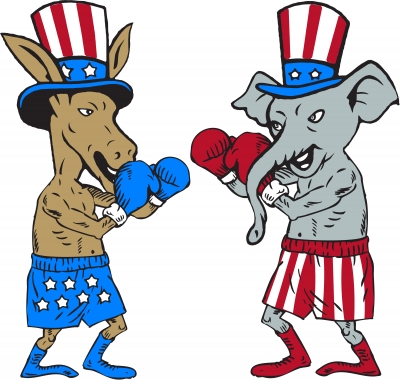
The Federalist Paper #68 has two very important thoughts which were conveyed. The first idea which was of so much import was the idea that the average citizen could not be trusted, by means of a direct vote to choose their Commander-in-Chief or Vice-President. This was because the founding fathers thought the average citizen was too easily swayed in their thoughts to rationally choose a President. The second idea conveyed in this message was that even rational men can be swayed by bias and should therefore be excluded from being an Elector. Specifically quoting again form the Federalist Paper #68 Hamilton said "And they have excluded from eligibility to this trust, all those who from situation might be suspected of too great devotion to the President in office. No senator, representative, or other person holding a place of trust or profit under the United States, can be of the numbers of the electors. Thus without corrupting the body of the people, the immediate agents in the election will at least enter upon the task free from any sinister bias." Hamilton states that senators and representatives "specifically" should be excluded from the process of being an elector as there was too much possibility for bias and corruption via backroom deals between two branches of government who were supposed to check and balance each other. Now it should be reiterated that the Federalist Paper #68 and Article II of the Constitution both give guidance on hoe the actual Presidential Election should be accomplished and not the nomination process itself. However, the thought process behind the election process is important to understand if we are going to discuss the nomination process.
For the Presidential Election, the founding fathers gave the states (1) the right to determine who can vote in elections; (2) the right to determine how the electors (delegates) would be chosen (winner-take-all or district method); (3) *possibly how the electors would need to vote. However, the nomination process for the candidates was never codified via the Constitution. As such, the nomination process is left up to the various political parties to determine who represents them in the national elections.
*Currently Several states have laws which say the elector must vote the way of the popular vote of the state, or of the district they represent. Some states have penalties for electors who vote counter to the statute. States which do not have a law compelling a elector to vote a certain way normally have the elector sign a pledge to the political party they represent that they will vote the way of the state popular vote or district vote
Process of Selecting a Democratic Nominee: The process of selecting a democratic nominee for President is set by the Democratic Party. During this process elections are held in all 50 states, the District of Columbia, Puerto Rico, Guam, Puerto Rico, Northern Mariana Islands, U.S. Virgin Islands, and American Samoa. The elections which take place in the 50 states, District of Columbia and the five territories allow the democratic candidates to vie for 4,051 delegate votes for the 2016 election. Additionally, there are 714 “unpledged” votes, for the 2016 election, which belong to superdelegates. The superdelegates are appointed by the Democratic Party independent of the electoral process. The superdelegates also include Democratic Senators and House of Representatives. A candidate wins the nomination when they have secured a majority of the total 4,765 delegates or 2,383 delegate votes, for the 2016 election. The number of delegates may change each election cycle.
How important are the Superdelegates to a nomination process?: Well we should first look into how the Superdelegates came about. The Superdelegates were not always a part of the Democratic Party’s nomination process. In fact, it is a relatively new phenomenon to use the Superdelegates. The idea of Superdelegates came out of the 1980 Hunt Commission, which was established by the Democratic Party to look into reasons why they were not competitive with Republicans in the Presidential Elections. One of the findings was that the Democrats were essentially being viewed as two sub parties of extremely liberal Democrats and more centrist Democrats. Voters were not identifying with the party so much as they were identifying with the how far the candidate leaned. This resulted in Democrats not going to the polls to support the candidate of the party, but more for political leanings. As such, Reagan was able to scoop up large segments of the Democrat vote (so called Reagan Democrats) that were more centrist leaning.
The 1980 Democratic Race typified the fractious nature of the Democratic Party. Ted Kennedy was the far leaning liberal, while Jimmy Carter was more centrist. This selection would prove disastrous for the Democrats in the election as Reagan took many of the voters who most identified with Carter’s political leanings. Additionally, because the Democratic nomination process took so much longer to determine who was going to be their presumptive nominee. The Republicans were able to focus more on their message to the public and less on who would be their nominee. The Hunt Committee’s decision to implement the use of the Superdelegates starting with the 1984 primaries was to help determine which Democratic nominee would be the most competitive nominee to win the presidential election. The 1984 election proved to be even more interesting. The three leading candidates for the Democratic Nomination were Walter Mondale, Gary Hart and Jesse Jackson. The three candidates again represented various levels of liberalism, which resulted in a race, which was not decided until late. Walter Mondale would eventually emerge the winner, with 1,606 delegates to Hart’s 1,164 and Jackson’s 358. However, Gary Hart won more overall states with 26. The Superdelegates were not needed in this election as Gary Hart and Jesse Jackson both withdrew during the convention and Mondale had enough delegate via the election process. It should be noted that even if a candidate withdraws during an election the delegates could still cast their vote for the candidate that withdrew, if state law permits or if the Democratic Committee permits. However, if the race had been closer in the delegate count (from the elections) then this could have been a race where the Superdelegates might have jumped in to give Gary Hart the nomination. Again Mondale’s more centrist views made it easier for more centrist Democrats (Reagan Democrats) to vote for Reagan again. The 1984 Presidential Election would be one of the most lopsided elections in history.
The first election where the Superdelegates actually influenced the Democratic nomination occurred in 2008. Barack Obama won 98 more “pledged delegates” (delegates from the primary and caucus voting) than Hillary Clinton, however, Clinton actually won more overall votes. Both candidates needed the help of the Superdelegates to get over the minimum required number of delegates to lock up the nomination. Obama was able to convince almost two thirds of the Superdelegates to pledge to him thereby locking up the nomination on June 3, 2008. He would eventually go on to win the 2008 Presidential Election. This is very important, as up to this point the Superdelegates have not really had much effect on the nomination process. However, the 2008 race was important in that it has shaped how Hillary Clinton ran her campaign for the 2016 nomination. Hillary Clinton, back in 2008, made the mistake of not courting the Superdelegates until near the end of the nomination process. Because of this when the primaries and elections concluded it gave the appearance that Barack was the choice of the people by virtue of winning 10 more states and 98 more electoral vote (via elections). The thing was Clinton had won the big states like Texas, California, New York, Florida, Ohio and Pennsylvania. Had she courted the Superdelegates pledges earlier they may have stayed the course with their pledge (even though they would have the right to change later). Additionally, by having them pledge early it could have given her campaign the appearance that they had an insurmountable lead and affected how the voters voted in their elections later. This is something Hillary learned from when she ran her 2016 campaign. She made sure to win over the Superdelegates early and have them stridently pledge their support. This was a complaint made by the Bernie Sanders campaign that the Superdelegates should have held off on their pledges until all the primaries and caucuses were done. The early pledging may have affected how people voted due to a perceived insurmountable lead.
Conclusion: While the Superdelegates may have only truly affected the 2008 Democratic nomination, and possibly the 2016 nomination the question really is, should we even have them at all? Allowing individuals who are chosen by the Party Elite, and given the power to possibly change the person who won a majority of the pledged (voting) in delegates seems counter to listening to the voice of the people. Now one could argue than Obama had a majority of the “pledged” delegates anyway and therefore the Superdelegates just merely reaffirmed the people’s choice, and I can accept that. However, the idea that they “could” have given the nomination to the person with the second highest “pledged”(voted) in total is somewhat scary. This coupled with the fact that these delegates can announce who they are supporting early in the race I believe unduly influences the people’s vote and runs counter to the beliefs of the founding father’s rule of bias in the nomination process. This is because all of the Democrat Senators and Representatives are Superdelegates. It could be said that a congressperson could be unduly influenced in whom they endorse, as if the nominee later becomes president that there could be “understandings” between the parties. I understand the basic premise of the Superdelegates is to help the Democrats field a competitive candidate for the Presidential elections. However, I believe this use of these delegates can lead to potential issues of back room politics, and is generally counter to having a person’s voice count.
To learn read more about government and politics, click the articles below:
More about Politics and Government:
- Should everyone, including Felons have the right to vote guaranteed?: A look into why the "right" to vote is not guaranteed to anyone.
- The Process of Choosing an American President: A look into the process of how we choose the next president, and what occurs if a President does not win the requisite number of Elector votes.
- How a Law is Made: A look into the process and procedures of turning a bill into a law.
Do you like the idea of using Super-delegates in the democratic presidential nomination process?
Do you prefer an indirect or direct method of choosing your presidential nominee?
© 2016 James



